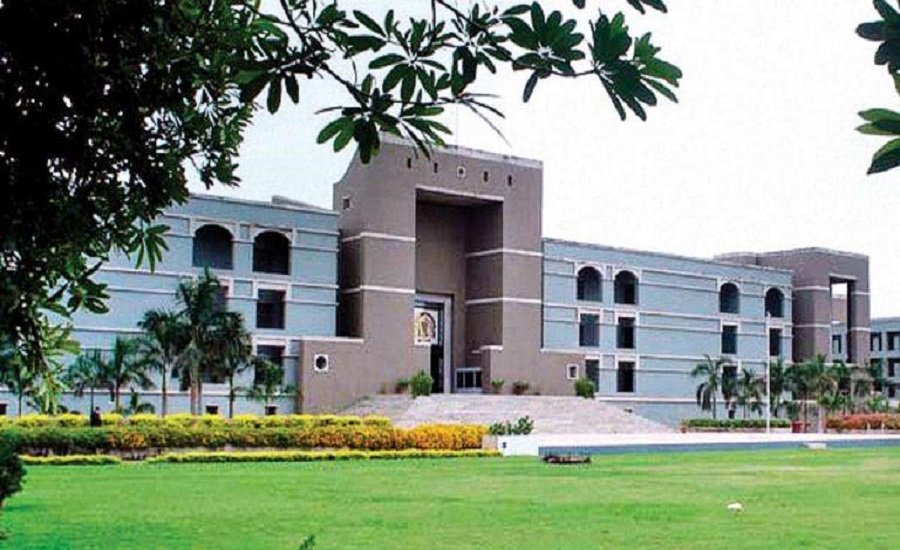
Jamiat chief Maulana Mahmood Madani said that the court had shown a mirror of reality to those in power who made this law with bad intent.
Team Clarion
NEW DELHI — The Gujarat High Court on Thursday passed an interim order stating that the provisions of the Gujarat Freedom of Religion (Amendment) Act, 2021, will not apply to inter-faith marriages which take place without force, allurement or fraudulent means.
On petition file by Jamiat Ulama-i-Hind, a division bench comprising Chief Justice Vikram Nath and Justice Biren Vaishnav passed the order to protect the parties of inter-faith marriage from being unnecessarily harassed.
“We are of the opinion that pending further hearing, rigours of Section 3, 4, 4A to 4C, 5, 6, and 6A shall not operate merely because the marriage is solemnised by a person of one religion with another religion without force, allurement or fraudulent means, and such marriages cannot be termed as marriage for the purpose of unlawful conversion,” the Chief Justice said.
“This interim order is to protect the parties which solemnised interfaith marriages from unnecessary harassment,” he added.
Section 3 of the Act prohibits forcible conversion from one religion to another by use of force or by allurement or by fraudulent means, however, now the amended Bill proposes to prohibit acts like forcible religious conversion by marriage or aiding a person to get married. Section 3A enables any aggrieved person, his parents, brother, sister, or any other person related by blood, marriage or adoption may lodge an FIR with respect to an alleged unlawful conversion.
Section 4A prescribes punishment of imprisonment in the range of 3 to 5 years for unlawful conversion. Section 4B declares marriages by unlawful conversion as void and section 4C deals with offences of organisations doing unlawful conversion. Section 6A places the burden of proof on the accused. The Court has held that these provisions will not apply to inter-faith marriages based on free consent by adults.
The Jamiat Ulama-i-Hind (Mahmood Madani group) had challenged the act calling it “an invasion into personal autonomy, free choice, freedom of religion, and unlawful discrimination and hence violative of the fundamental rights under Articles 14, 21 and 25 of the Constitution. On behalf of the Jamiat, Advocate on record Mohammad Isa Hakeem and senior lawyer Mihir Joshi were present in the court.
Jamiat national president Maulana Mahmood Madani welcomed the interim order of the court and said that the court had shown a mirror of reality to those in power who made this law with bad intent. The components of the law are stricter than the anti-terrorism law “UAPA”. You cannot treat a social problem in this way. It will further complicate the issue, said Maulana Madani.

